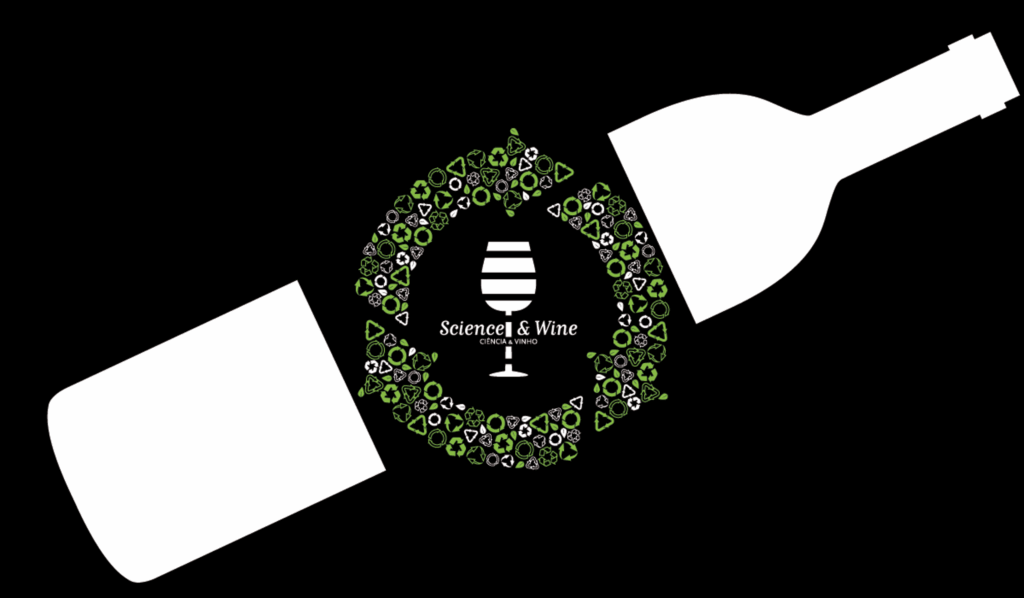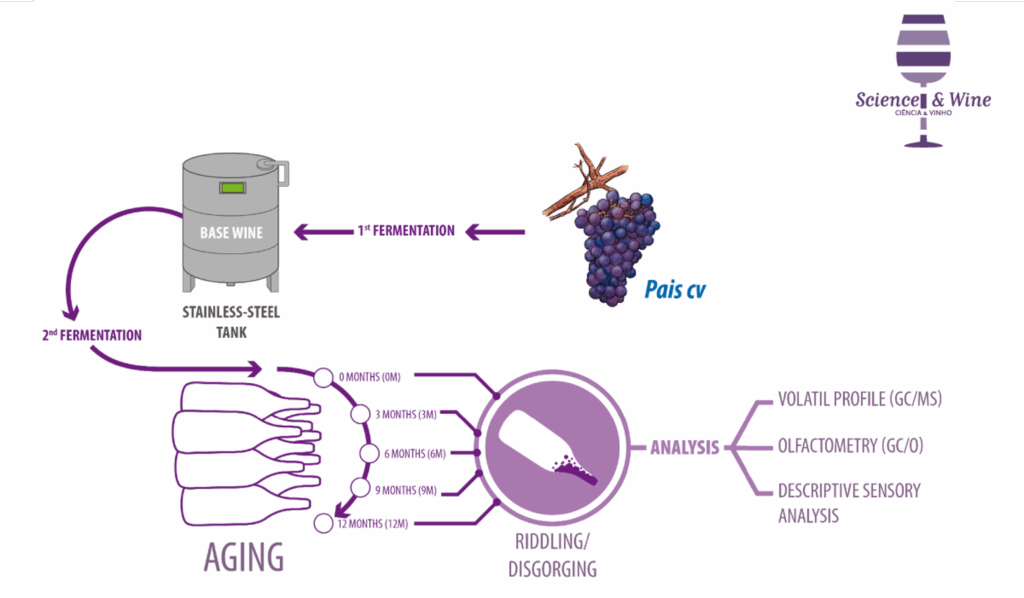The Science & Wine Congress will open on the morning of May 28 with a thought-provoking session titled Sustainable Vineyard Management Practices, led by João Barroso (Alentejo Regional Winegrowing Commission, Portugal) and Ettore Capri (Università Cattolica, Italy). This session is set to provide vineyard professionals with the tools and knowledge necessary to adopt eco-friendly and resilient farming techniques. Addressing key aspects such as soil and water management, organic practices, integrated pest control, regenerative agriculture, and climate adaptation, the discussion will offer practical insights into maintaining sustainable vineyard operations. Through expert presentations and interactive dialogue, participants will explore strategies that enhance environmental responsibility while ensuring high-quality grape production and long-term profitability. This opening session sets the tone for two days of oral communications that reflect the cutting edge of research and innovation in wine and olive oil production. Across May 28 and 29, speakers will present on a wide array of topics—ranging from the application of biotechnology in viticulture, to the valorization of winery by-products, and the integration of renewable energy in olive oil production. These presentations are rooted in sustainability, practical impact, and scientific rigor.
One of the first presentations, by Alessandro Zironi and colleagues, delves into the role of operations and supply chain management (OM and SCM) as catalysts for a more sustainable wine supply chain. Their research highlights how the fragmented application of OM/SCM practices—such as Lean Management or energy efficiency—can limit the wine sector’s potential for systemic change. By identifying the most relevant methodologies and evaluating them using the Delphi method, the study reveals four practices as essential for enhancing winery competitiveness. However, challenges remain, especially in mapping value streams and resource use, underscoring the need for tools tailored specifically to the wine sector’s complexity.
Another speaker, Ana Monteiro, presents a compelling case for short-term adaptation strategies in Douro vineyards facing the increasingly harsh effects of climate change. Her study investigates foliar applications combining kaolin and silicon, natural compounds that have shown promise in mitigating abiotic stress. By enhancing leaf and berry structure, these treatments help improve grapevine resilience to high temperatures and drought conditions without compromising oenological parameters such as acidity or alcohol content. The results indicate a sustainable, effective strategy that can be rapidly deployed under real field conditions.
Taking a broader view of sustainability, Ana Novo Barros addresses the circular bioeconomy by exploring the valorization of winery by-products—specifically grape stems. Often discarded or underused, these residues are rich in bioactive compounds. Her team’s detailed analysis of four red grape stem varieties revealed particularly high levels of tryptophan, selenium, and antioxidant compounds in the Touriga Nacional variety. The study not only demonstrates the nutritional and functional potential of grape stems but also supports their use in food, cosmetic, and pharmaceutical industries, aligning with the One Health concept and the goals of the 2030 Agenda for Sustainable Development.

Anabela Carneiro tackles the broader implications of climate change on viticulture, outlining both the immediate threats and long-term prospects. Her presentation frames viticulture as uniquely vulnerable to changing temperature and precipitation patterns, while also offering hope through adaptive responses. These include both high-tech solutions like precision irrigation and more traditional practices such as varietal selection and canopy management. As wine-growing regions evolve, new opportunities—and responsibilities—emerge. Carneiro’s work urges a rethinking of what resilience means in the context of environmental uncertainty.
Turning to olive oil production, Anabela Fernandes examines water productivity and net profit in olive orchards in the Trás-os-Montes region. Her study emphasizes the importance of deficit irrigation strategies in maintaining economic viability under conditions of water scarcity. Notably, certain regulated deficit irrigation (RDI) treatments were able to match or nearly match the economic returns of fully irrigated systems, while using significantly less water. This work not only responds to pressing environmental concerns but also offers a replicable model for sustainability in arid regions.
Continuing on the theme of sustainability, Andreia Pires and colleagues explore water management in a small-scale dry-farming winery system. Their work, rooted in the principles of minimal intervention and environmental stewardship, analyses how efficient water use across different stages of production—field, winery, and cellar—can contribute to a more sustainable business model. This approach not only reduces the environmental footprint but also aligns with consumer preferences for sustainably produced wines. By documenting water flows and evaluating alternative irrigation strategies, the study offers a replicable framework for small producers operating in semi-arid Mediterranean environments.
From Latvia, Andrejs Skesters introduces a study that highlights the antioxidant potential and anti-radical capacity of Latvian wines. Despite the country’s northern latitude, the research shows that local grape varieties can yield wines rich in polyphenols and other bioactive compounds. This contribution underscores the expanding geographical diversity of quality wine production and the growing interest in health-oriented wine research. The team’s biochemical analyses position Latvian wines not only as cultural novelties but as competitive players in the antioxidant-rich wine segment.
Focusing on traditional methods, Arnau Just-Borràs presents a detailed examination of the ancestral method of sparkling wine production. Unlike the more controlled Charmat or Champenoise methods, this ancient technique relies on a single fermentation process, creating natural effervescence and complex sensory profiles. The presentation examines microbiological behavior, residual sugar dynamics, and the resulting wine quality, making a strong case for the revival of artisanal practices as a form of innovation in itself. In a time when consumers are seeking authenticity and tradition, the ancestral method presents an opportunity to connect craftsmanship with market differentiation.

In another session centered on grape quality and wine enhancement, Athina Vas and her team explore the use of viticultural and oenological strategies to improve the color stability and antioxidant profile of wines from two lesser-known Greek varieties: Skiadopoulo and Avgoustiatis. By fine-tuning interventions in both the vineyard and the winery, the researchers were able to increase phenolic content and delay oxidative degradation. These results have implications not only for wine quality but also for the preservation of local grape biodiversity and the promotion of unique regional styles.
The by-products of wine production continue to attract attention as potential sources of high-value compounds. Carla Da Porto presents a study on the use of supercritical CO₂ extraction as a sustainable method for obtaining bioactive molecules from grape pomace. This technology—both solvent-free and highly efficient—enables the recovery of polyphenols, pigments, and aromatic compounds that can be used in food, nutraceutical, and cosmetic applications. The research illustrates how green technologies can transform waste into opportunity, reinforcing the concept of a circular economy in the wine sector.
Shifting again to olive oil production, several presentations focus on integrating sustainability with economic and technological efficiency. For instance, Silvia D’Agostino investigates the optimization of mechanical harvesting systems and their impact on oil yield and quality, while Valentina Di Chiara explores new biotechnological tools for improving olive oil preservation and extending shelf life without the use of synthetic additives. These efforts not only improve consumer safety and product quality but also strengthen the resilience of the olive oil value chain in the face of regulatory and environmental pressures.
Miguel Costa and colleagues bring attention to another key issue: soil health. Their presentation emphasizes the role of cover crops and organic amendments in restoring soil fertility in olive groves affected by erosion and intensive monoculture. The study provides practical data on carbon sequestration, nutrient cycling, and biodiversity enhancement, positioning soil management as a central pillar of sustainable olive farming.
Similarly, Raúl Domínguez-Perles showcases innovative approaches for valorizing olive mill wastewater, a problematic by-product of oil extraction. His team demonstrates that advanced filtration and recovery technologies can transform this waste into a resource rich in polyphenols and antioxidants, which can then be reintroduced into food and pharmaceutical applications. This work reflects the shift from waste mitigation to resource valorization, redefining how sustainability is measured in agri-food systems.

The oral communications to be presented on May 28 and 29 offer a rich, interdisciplinary panorama of the current research landscape in wine and olive oil production. Each presentation contributes a unique piece to the broader puzzle of how innovation, tradition, and sustainability can intersect. Whether through cutting-edge biotechnology, revived ancestral methods, smart irrigation, or circular economy strategies, the presenters collectively chart a course toward a more resilient, eco-conscious future.
In sum, the Science & Wine Congress is more than a showcase of technical knowledge—it’s a space where scientific inquiry meets real-world application. It fosters dialogue between academia, industry, and policymakers, encouraging collaborative solutions to the pressing challenges of our time. As the wine and olive oil sectors continue to evolve in the face of climate change, market shifts, and environmental responsibility, the insights shared in these sessions will play a crucial role in shaping the path ahead.

